This post first appeared in blog here.
Millennials are a cool topic. Marketing and research companies are trying to figure out who are these Millennials and how will they affect and influence the world and the practices we apply today.
As a GenX, everything I read made sense to me and did not fully grasp the real differences between Millennials and BabyBoomers until I had the opportunity to directly compare the ways of thinking, the value systems, attitudes, and mental models, of Millennials and Baby Boomers.
The opportunity came when I facilitated few workshops to explore how customers feel about brands and their experience as consumers and shoppers.
I decided to run the workshop using Lego Serious Play, a facilitation method that asks participants to build metaphorical models with Lego bricks to answer specific challenges and questions.
The method is based on narratives and storytelling, and participants are the only one who hold the interpretative keys to decode the metaphors and stories locked in their model. After building their model, participants share their stories and models with everyone, explaining the meaning of their models and sharing their views and perspectives on the issues I was investigating.
The groups I facilitated were quite polarised: one was heavily dominated by BabyBoomers, the other was composed mostly by Millennials.
All conditions for the workshops were equal: the script, the wording, the challenges, the questions, the facilitator, and the room. Yet, something was extremely different and it did not take long to understand how the different value system of these two generations was influencing the narratives.
The very first thing that emerged is that Millennials are unable to relate to commercial brands. I read about it. But hearing it, made the point clearer:
Candidly one participant said: “Maybe few years ago I could be able to mention brands I admired and appreciated, but today… there is no brand I respect or that embodies the values I stand for”.
Millennials were not into naming any particular commercial brand, they were beyond: they looked at values that matter to them, like life, earth, equality, and a collective sense of belonging. They name organisations, but these are organisations that portray and embody the values Millennials stand for, like WWF.
On the other hand, BabyBoomers had no issue in mentioning commercial brands and they were heavily focused on companies that make their life easier through reducing hassle and offering easy way to carry out tasks they have to.
BabyBoomers have clear ideas: they value convenience and comfort above anything else.
While Babyboomers focus on themselves, Millennials focus on the bigger picture and how they can support the system. Millennials think as a collective unity looking forward the future, whereas Babyboomers seem imbued with their personal and individual present time.
Things become more evident when I asked participants to build a model of their current experience with a specific service: Babyboomers focused on something I would have never thought about: queues!
The workshop was exploring services that are delivered both digitally and physically, online and in store: Babyboomers neglected all aspects related to digital and focused on the discomfort they experience when queueing up before being served in store.
The queue theme, which emerged spontaneously and independently in several models build by different participants, was a constant element that represented a core element of the Babyboomer’s narrative relate to the service. The other element that emerged to be key for BabyBoomers was the social aspects and the importance to have people in the store : they were candid in admitting that they expect people and they expect to be served by a person and fast. Babyboomers are spolied and expect everything to be designed around their convenience. It seems a pretty key concept when talking about CX, but this should not be a generalisation.
In fact Millennials had no issue with queues or the physical experience. Their problem was ethics in a broader and more value oriented framework.
Most Millennials build models and used narratives that highlighted ethical and social issues, like poverty or inequality, that can emerge as a consequence of the service.
Millennials did not question or mention comfort or convenience, they were genuinely concerned about the potential impact of the service on the global collectivity they are part of. They started with very radical positions and moved from a critical to a constructive vision of the future, imagining the service and opportunities opened by a new socially sustainable approaches. The conversation turned highly philosophical and intriguing and most of the participants provided great insights on an ethical future.
BabyBoomers’ conversations did not evolve much: they kept being focused on the queues and their need to get more attention and being served better. They started complaining and ended, more or less, complaining.
BabyBoomers proved to be mostly individualistic and inward looking, focusing mostly on their own comfort and condition. But on the other hand, Millennials proved to have overcome the paradigm of individuality to embrace the best of globalisation, in the sense of a global ethical consciousness and the shared consciousness of being responsible for our present and future.
What does this mean for brands?
It means that the current paradigm we are building the whole Customer Experience theories and practices needs to be flexible and fluid to embrace the emerging value based paradigm that Millennials are bringing on the table.
These two generations are coexisting in today’s world, and so do their different value systems. For CX professionals the challenge is to combine ethical values into an individualistic experience, starting a shift towards a more holistic view to embrace the Millennials’ perspective while continue spoiling BabyBoomers.
The Mission and visions that worked as principles until today, will become obsolete fast if they do not acknowledge and adapt to the new framework that is emerging with GenY.
The rules of CX are going to change and will change fast.
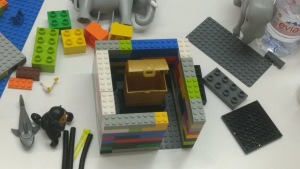
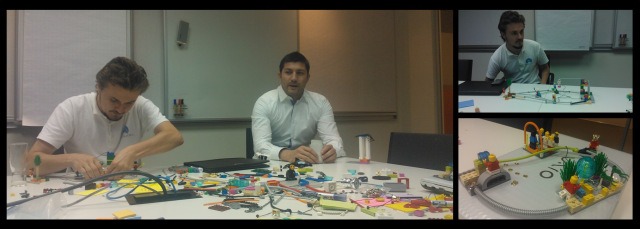

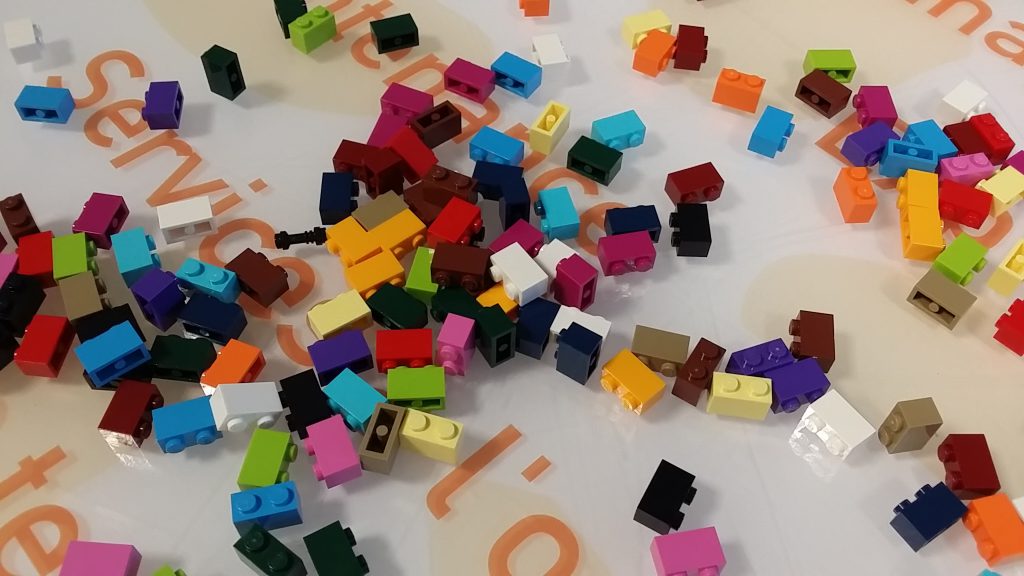

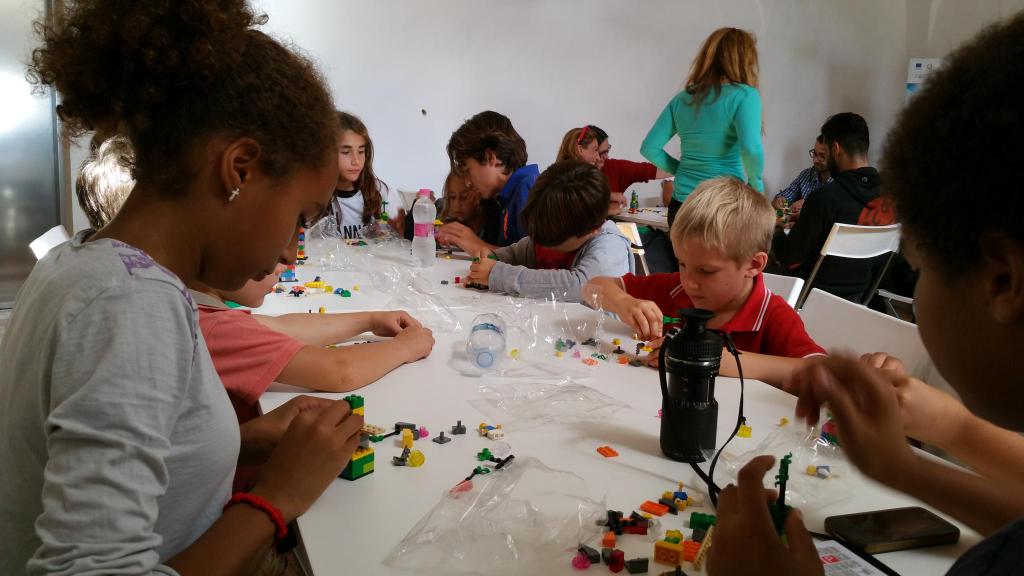
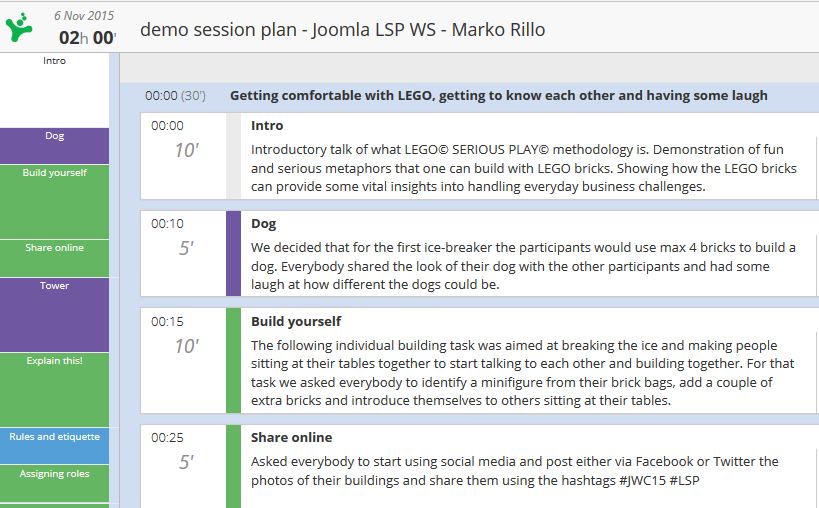
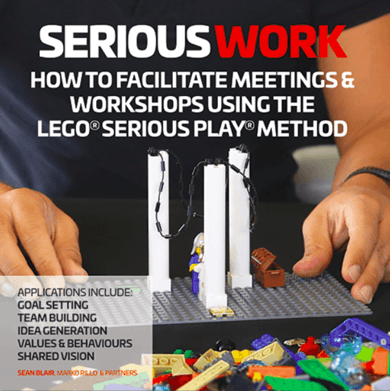
 Become a LEGO Serious Play facilitator - check one of the upcoming training events!
Become a LEGO Serious Play facilitator - check one of the upcoming training events!